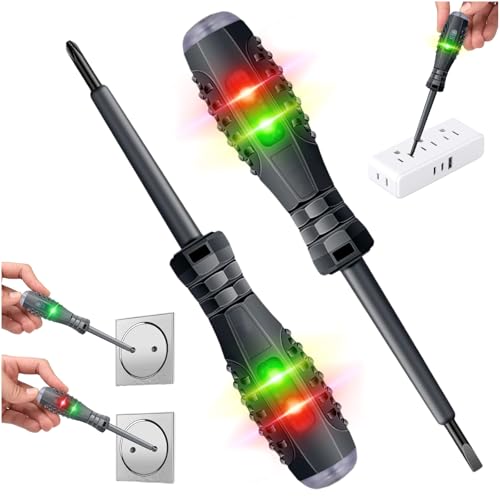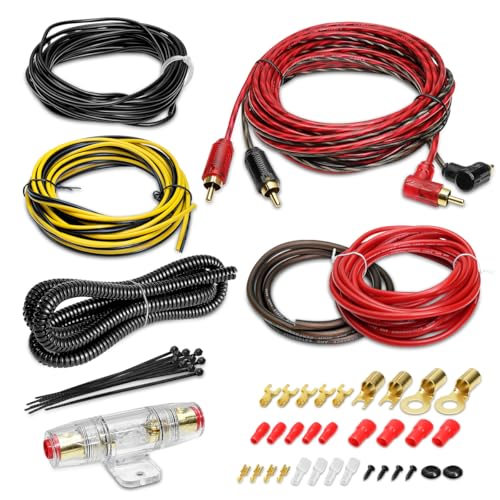Hi, I am an solar installer and I have a costumer with a DELTA RPI M50A 50 kw inverter divided on 10 strings installed in the spring 2019.
The RCD has been tripping alot. At first we changed it from a 30 am to a 300 ma and it got a bit better.
The pv array is placed on a farm bouilding on a metal-sheet roof. If I understand it corretly the delta inverter doesent require a dedicated RCD but here in Sweden we have to put them for inverters on farms.
The RCD is connected only two the electrical cabinet used for the inverter.
It happends mutch more often in rainy wether then sunny weather.
This combination of rainy wether, solar panels, mettal sheet roofs and RCD tripping seams to be common.
So from reading through all the information I could find I found two possible reasons for this:
Number one:
(the text is from a forum post)
"There could be a simple fault that is caused by one of the many connectors behind the panels shorting out to the roof or the metal frame of the panels when it gets wet. The connectors should be weatherproof - perhaps one has not been fitted together properly. Also, it is good practice to suspend the connectors away from the roof tiles and the frame using tie-wraps or similar."
Number two:
(the text is taken from a forum post)
"Another possibility - a bit of a long shot - is that the framework on which the panels are mounted is not earthed and the rain causes intermittent connections of the frame to earth. It has been noted on the other forums that a voltage can build up on the frame (a minute leakage from the panels or just pure static electricity). Whilst not having the frame earthed is nothing unusual, an intermittent connection between the frame and earth could cause pulses of power to flow which could, theoretically, cause the RCBO to trip"
If I understand correctly option number two would not be harmfull to life and property. We have not earthed the frame work witch would be very difficult since we mounted the solar panels on short rails as such:https://www.renusol.com/en/solar-panel-mounting/metal-roof/ms-msp/
So my questions are:
With option one, the onverter should detect isolation fault and give an error message, so it couldent realy be that.
In the option number two, can you explain how the leakage on the dc side can trip the RCD on the AC side? How can it "Pass" the inverter?
The answer from the inverter manufactorer ist he following:
„Your problem is the high residual leakage current due to metal-sheet roof. We recommend to ground the frame and the metal roof.
We can’t prevent this outside behavior.
The leakage current from Inverter is lower than 50mA. If 300mA RCD is not enough, you have to grounded the frame and the roof or you have to use a bigger one 500mA.
If inverter recognize isolation failure he will switch off and the red LED is blinking.“
To ground the farmework under the solar panels will be impossible since like I mentioned we dont have long horizontal rails but insted short vertical rails under all the solar panels.
Is there any thing else we can do? Is there any messuremets we can do on each string?
The RCD has been tripping alot. At first we changed it from a 30 am to a 300 ma and it got a bit better.
The pv array is placed on a farm bouilding on a metal-sheet roof. If I understand it corretly the delta inverter doesent require a dedicated RCD but here in Sweden we have to put them for inverters on farms.
The RCD is connected only two the electrical cabinet used for the inverter.
It happends mutch more often in rainy wether then sunny weather.
This combination of rainy wether, solar panels, mettal sheet roofs and RCD tripping seams to be common.
So from reading through all the information I could find I found two possible reasons for this:
Number one:
(the text is from a forum post)
"There could be a simple fault that is caused by one of the many connectors behind the panels shorting out to the roof or the metal frame of the panels when it gets wet. The connectors should be weatherproof - perhaps one has not been fitted together properly. Also, it is good practice to suspend the connectors away from the roof tiles and the frame using tie-wraps or similar."
Number two:
(the text is taken from a forum post)
"Another possibility - a bit of a long shot - is that the framework on which the panels are mounted is not earthed and the rain causes intermittent connections of the frame to earth. It has been noted on the other forums that a voltage can build up on the frame (a minute leakage from the panels or just pure static electricity). Whilst not having the frame earthed is nothing unusual, an intermittent connection between the frame and earth could cause pulses of power to flow which could, theoretically, cause the RCBO to trip"
If I understand correctly option number two would not be harmfull to life and property. We have not earthed the frame work witch would be very difficult since we mounted the solar panels on short rails as such:https://www.renusol.com/en/solar-panel-mounting/metal-roof/ms-msp/
So my questions are:
With option one, the onverter should detect isolation fault and give an error message, so it couldent realy be that.
In the option number two, can you explain how the leakage on the dc side can trip the RCD on the AC side? How can it "Pass" the inverter?
The answer from the inverter manufactorer ist he following:
„Your problem is the high residual leakage current due to metal-sheet roof. We recommend to ground the frame and the metal roof.
We can’t prevent this outside behavior.
The leakage current from Inverter is lower than 50mA. If 300mA RCD is not enough, you have to grounded the frame and the roof or you have to use a bigger one 500mA.
If inverter recognize isolation failure he will switch off and the red LED is blinking.“
To ground the farmework under the solar panels will be impossible since like I mentioned we dont have long horizontal rails but insted short vertical rails under all the solar panels.
Is there any thing else we can do? Is there any messuremets we can do on each string?































































